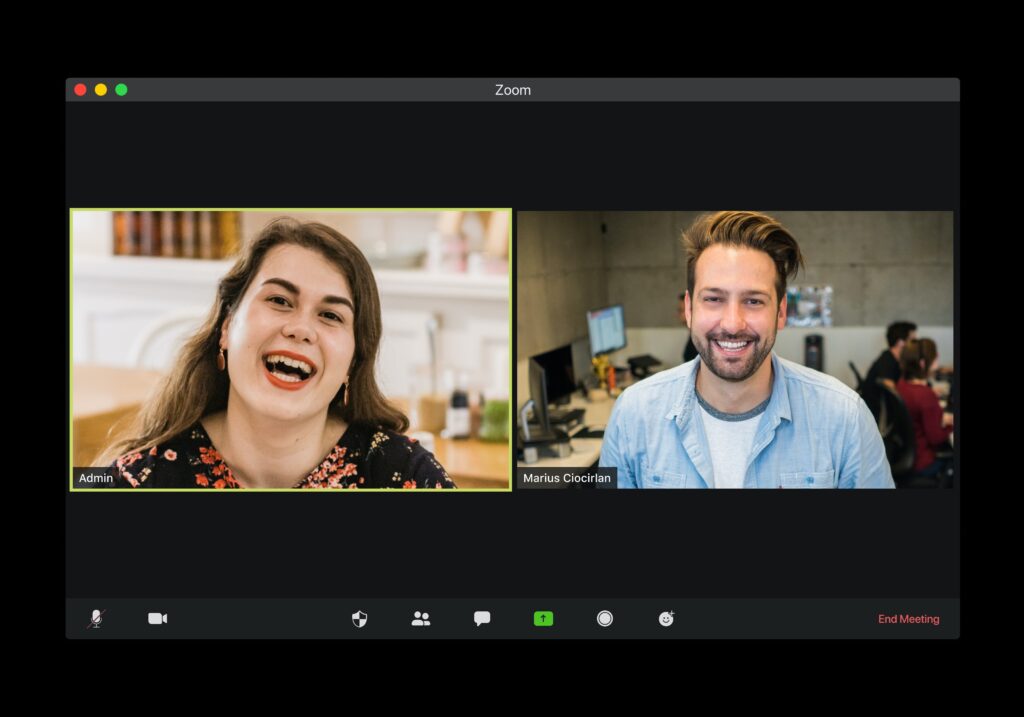In an increasingly interconnected world, the global job market is no longer confined by geographical boundaries. Companies are searching for top-tier talent across borders, resulting in an influx of cross-cultural interviews. With technology playing a pivotal role in shaping modern recruitment processes, virtual settings have emerged as the go-to platform for these interactions. This article delves into the significance of technology in bridging cross-cultural gaps during virtual interviews, offering insights that resonate with the discerning global recruiter.
The Global Workforce Landscape
The modern workforce is a melting pot of cultures, languages, and perspectives. As businesses expand beyond their local markets, the need for a diverse workforce becomes essential. However, this diversity also brings about unique challenges during the recruitment process. Cultural nuances, varying time zones, and language barriers can all hinder effective communication and evaluation.
Virtual Settings: The New Norm
Enter technology: the great enabler of global recruitment. Virtual interviews have revolutionized the way companies connect with potential candidates. Video conferencing platforms, collaborative tools, and AI-powered language translation have collectively transformed traditional recruitment methods.

Benefits of Technology-Enabled Cross-Cultural Interviews
- Breaking Down Geographical Barriers: Technology transcends borders, allowing candidates and recruiters to engage in meaningful conversations without the limitations of distance. This facilitates access to a broader and more diverse talent pool.
- Language Is No Longer a Barrier: Advanced AI-driven language translation tools ensure that language differences do not impede communication. Recruiters can now understand and assess candidates without the need for a common language.
- Assessment of Soft Skills: Virtual interviews provide an opportunity to assess a candidate’s adaptability and cross-cultural competency firsthand. Their ability to navigate virtual platforms and engage effectively showcases their tech-savviness and global readiness.
- Cost and Time Efficiency: Virtual interviews eliminate the need for candidates to travel, saving both time and resources. This enables recruiters to streamline the interview process and focus on evaluating more candidates.
Navigating Challenges: Human Touch in Virtual Interviews
While technology offers remarkable advantages, it’s crucial to strike a balance between digital efficiency and the human touch. Establishing a genuine connection with candidates from diverse backgrounds requires empathetic communication and cultural sensitivity. Recruiters must be attuned to the nuances of body language, facial expressions, and tone, which can often convey more than words alone.
Best Practices for Effective Cross-Cultural Interviews
- Preparation Is Key: Familiarize yourself with the candidate’s cultural background and business etiquette to ensure a respectful and inclusive interview experience.
- Clear Communication: Use simple and concise language, avoiding jargon that may be unfamiliar to non-native speakers.
- Cultural Sensitivity: Respect different time zones and cultural norms during scheduling. Show appreciation for diversity and ask open-ended questions that encourage candidates to share their unique experiences.
- Technology Test Run: Conduct a tech check before the interview to ensure a smooth experience. This demonstrates professionalism and helps mitigate potential technical glitches.
Conclusion
Technology has transformed the recruitment landscape, enabling global recruiters to transcend geographical and cultural barriers through virtual interviews. This paradigm shift has ushered in a new era of talent acquisition, one where candidates’ skills, potential, and adaptability are evaluated without limitations. However, it’s imperative to remember that while technology can bridge gaps, the human element remains paramount. By combining technological prowess with cultural sensitivity, global recruiters can build bridges that connect talent with opportunity on a global scale.


